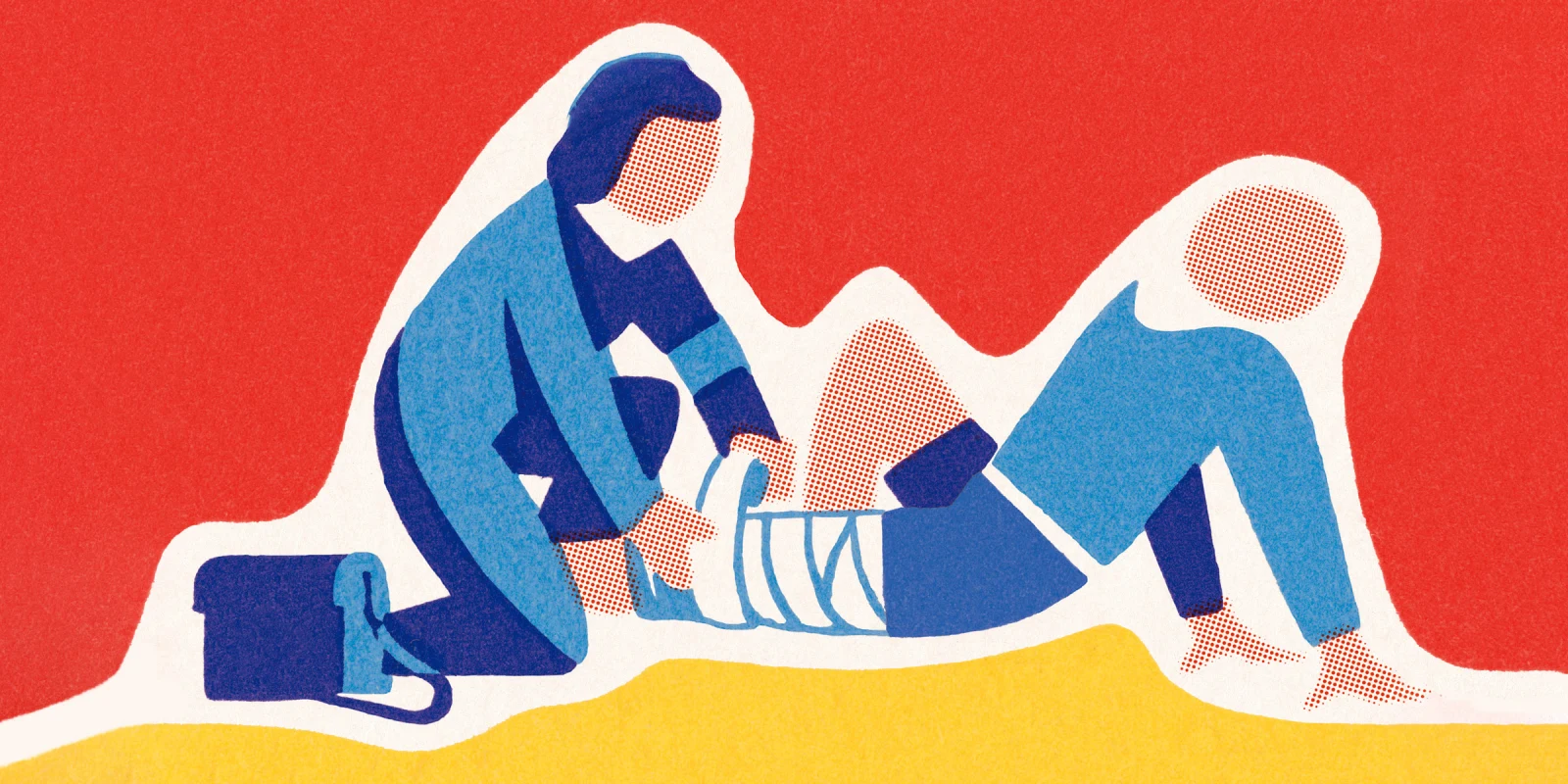"Is anyone here a doctor?" can be a polarizing question. A recent Doximity poll of approximately 5,700 clinicians found that the majority (69%) of clinicians would provide care in an emergency situation outside of the workplace. Among the remaining respondents, 7% would only provide care if they had proper equipment available, 6% would not provide care but would refer to clinicians with more emergency medicine experience, 10% are not sure what they would do, and 6% say they would not provide care at all.
Among physicians, NPs, and PAs, approximately half of clinicians in each profession report they would provide care in an emergency situation. Pharmacists are more likely to say yes only if they have the proper equipment. They are also more likely to direct the patient to other clinicians. This is likely due to the nature of pharmaceutical work, which does not usually involve emergency patient care. Medical students are less likely to give a resounding "yes." Almost half (44%) of medical students surveyed say they are not sure what they would do in this situation, with 17% answering they would provide care only if they had the proper equipment. While there is no legal requirement to show medical credentials to provide emergency care, the AAMC recommends that medical students fly with a scanned copy of their hospital badge.
“I try to provide emergency care whenever possible,” said Brian Sullivan, MD, an orthopaedic surgeon in Baltimore, MD. “As an orthopedist, I certainly know my limitations and will defer to others on many medical issues, if available.” Dr. Sullivan noted that it would be ideal to have proper equipment and resources available in these situations, but this is not always feasible.
Willingness to provide emergency care varied greatly across specialties. Overall, general surgeons are the most likely to attend to emergency situations outside of work, with 67% of respondents choosing to provide care in some way. General surgeons may be more likely to provide emergency care because they are trained to handle complications in the operating room such as shock, hemorrhage, and pulmonary and cardiological complications, which may be similar to complications experienced in public or while traveling in an airplane.
With their extensive training in emergency care, emergency physicians are the second most likely to assist in an out-of-workplace situation overall, and the most likely to provide care when the proper equipment may not be available. Pulmonology (59%), cardiology (57%), and pediatrics (57%) followed general surgery and emergency medicine as the most likely specialties to assist in an emergency situation.
In general, surgical specialties reported a slightly higher willingness to help than primary care physicians: 58% of neurosurgeons and 51% of orthopaedic surgeons, compared with 51% of family physicians and 48% of internists.
Even though a significant portion of physicians report their willingness to provide emergency care, not all physicians are confident in their ability to do so. “I would be worried I could not provide effective care,” said Shona Hillman, MD, a family medicine physician in Chicago. “I hope I would have the courage to provide CPR if it was needed, at least, or stop bleeding and call 911.” Upon reflection, she added, “Truth is, if you let yourself into the situation, adrenaline kicks in and you know what to do if you're trained.”
Based on the survey, men appear slightly more likely to provide emergency care outside of the workplace (51%) than women (48%). A possible explanation may be that there are more men than women in specialties that report the highest willingness to provide emergency care outside of work, such as general surgery, emergency medicine, and orthopaedic surgery. Notably, 33% of women surveyed are not sure what they would do, compared to 23% of men. It’s possible some women may choose to make a judgment call based on the specific situation and which other clinicians are around to help.
Inclination to assist with emergency situations also appears to increase with age, peaking with clinicians aged 65-69. While poll findings show this willingness declines around retirement age, clinicians aged 70 and older appear more likely to provide care than clinicians under the age of 40. One possible explanation is that with age often comes increased experience and confidence in one’s abilities, despite the care setting.
Some physicians are concerned about whether they would be covered under so-called “Good Samaritan laws,” which differ from state to state. Generally speaking, there is no legal obligation to provide care to a patient in need outside of the workplace. If a clinician provides care, it should be for stabilization of the patient only. Through Good Samaritan laws, clinicians have protections from ordinary negligence, but not gross, willful, or wanton negligence. In the air, physicians are covered under the Aviation Medical Assistance Act of 1998, which allows physicians to treat a patient in good faith when flying over the U.S. Although clinicians are typically covered through these laws, there are cases where clinicians have been sued for providing negligent emergency care.
Despite some concerns around providing care beyond the workplace, the majority of clinicians report they would aid in an emergency situation. Many clinicians feel a duty to provide this care, even though there is no legal requirement to do so.
Dr. Paul Holtrop, a neonatal/perinatology physician in Michigan sums up this duty and says he would provide emergency care outside of the workplace to the best of his ability. “We might not be the perfect specialist in a given situation, but we still probably know more than most of the other people around.”
Tell us about a time when you provided emergency care outside of the workplace in the comments below.







